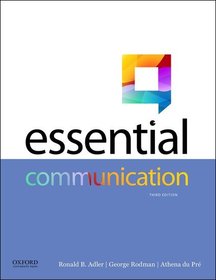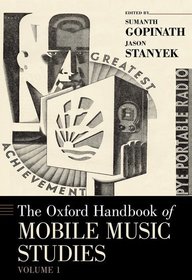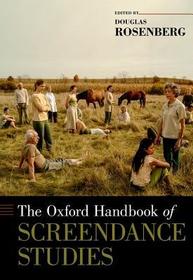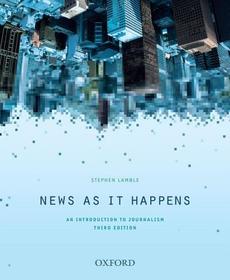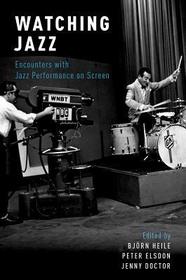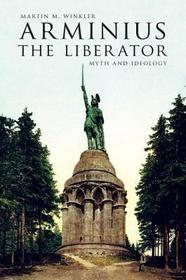
Arminius the Liberator
Myth and Ideology
-
10% KEDVEZMÉNY?
- A kedvezmény csak az 'Értesítés a kedvenc témákról' hírlevelünk címzettjeinek rendeléseire érvényes.
- Kiadói listaár GBP 97.00
-
46 341 Ft (44 135 Ft + 5% áfa)
Az ár azért becsült, mert a rendelés pillanatában nem lehet pontosan tudni, hogy a beérkezéskor milyen lesz a forint árfolyama az adott termék eredeti devizájához képest. Ha a forint romlana, kissé többet, ha javulna, kissé kevesebbet kell majd fizetnie.
- Kedvezmény(ek) 10% (cc. 4 634 Ft off)
- Kedvezményes ár 41 708 Ft (39 722 Ft + 5% áfa)
Iratkozzon fel most és részesüljön kedvezőbb árainkból!
Feliratkozom
46 341 Ft

Beszerezhetőség
Megrendelésre a kiadó utánnyomja a könyvet. Rendelhető, de a szokásosnál kicsit lassabban érkezik meg.
Why don't you give exact delivery time?
A beszerzés időigényét az eddigi tapasztalatokra alapozva adjuk meg. Azért becsült, mert a terméket külföldről hozzuk be, így a kiadó kiszolgálásának pillanatnyi gyorsaságától is függ. A megadottnál gyorsabb és lassabb szállítás is elképzelhető, de mindent megteszünk, hogy Ön a lehető leghamarabb jusson hozzá a termékhez.
A termék adatai:
- Kiadó OUP USA
- Megjelenés dátuma 2015. november 26.
- ISBN 9780190252915
- Kötéstípus Keménykötés
- Terjedelem382 oldal
- Méret 236x160x27 mm
- Súly 680 g
- Nyelv angol
- Illusztrációk 39 illustrations 0
Kategóriák
Rövid leírás:
Arminius the Liberator deals with the modern reception of Arminius. Martin M. Winkler examines the ideological abuse of historical myth in German nationalism and National Socialism and its various international ramifications up until today. Special emphasis is on the representation of Arminius in visual media.
TöbbHosszú leírás:
Arminius the Liberator: Myth and Ideology deals with a particular, although wide-ranging, aspect in the long reception history of Arminius the Cheruscan, commonly called Hermann. Arminius inflicted one of their most devastating defeats on the Romans in the year 9 A.D., when he destroyed three legions under the command of Varus in the Battle in the Teutoburg Forest, as it is generally called. Martin M. Winkler traces the origin and development of the Arminius legend in antiquity and in political and ideological appropriations of Arminius-Hermann since the nineteenth century. The book's central theme is the ideological use and abuse of history and of historical myth in Germany: Weimar-era nationalism, National Socialism, and the reaction to the ideological taint of the Arminius figure after 1945. The book also examines the various appearances of Arminius in art and media from the 1960s until today. Special emphasis is on the representation of Arminius in the era of visual mass media in Germany, Italy, and the U.S.: painting (Anselm Kiefer) and theater (Claus Peymann) but, most extensively, cinema, television, and computer videos.
The book is very well organised, well written, nicely illustrated and a pleasure to read. It provides a comprehensive overview of ways in which the story of Arminius has been understood and transformed for many different purposes from the sixteenth century to today.
Tartalomjegyzék:
List of Illustrations
Adages
Preface
Acknowledgments
Introduction: History, Myth, Media
History as Myth and Ideology
The Fate of History in the Time of the Image
I. From History to Myth to Ideology
1. Origins of Myth: Arminius in Ancient Literature and in German Scholarship
a. Ancient Historians and Poets
b. Modern Historians
2. Backgrounds to Twentieth-Century Ideology
a. Theme and Variations: Arminius from the Sixteenth to the Nineteenth Centuries
b. Arminius' Largest Monument: The Hermannsdenkmal
3. Arminius in National Socialism
a. From Nationalism to National Socialism
b. Arminius Conscripted into "Break-Through Battle "
c. Arminius and Hitler
d. Excursus: Hitler as Coriolanus
II. Ideological Victories: The Defeat of Varus on the German Screen
4. Nationalism at a Boil: Die Hermannschlacht
a. Arminius' First Screen Appearance
b. Patriotic Poetry at the Premiere
c. "Hail Arminius! Savior of Germany! "
d. Contemporary Reactions
e. Critical Assessment
5. National Socialism: Romans and Germans in Ewiger Wald
a. Cinema for the Volk
b. The German Forest Defeats Rome
c. Homo cinematicus et ideologicus Views History
III. The Death and Resurrection of Ideology
6. Historical Myth on Screen in the 1960s: With and Without Ideology
a. Romans and Barbarians
b. The Liberator Liberated from Ideology: Il massacro della foresta nera
7. Against Ideology: History Exorcised
a. Anselm Kiefer and the Cleansing of Myth
b. Claus Peymann: The Empty World
c. Arminius on the Postmodern Screen: Die Hermannsschlacht
d. Background: Hermann and Tacitus in German Humor
e. Screen Comedy: Hermann the Bavarian and the Fall of Rome
8. After Ideology: History as Infotainment
a. Home Schooling: History Lessons on Television
b. Armin's Arminius: History for Kids
c. Sir Arminius, the Toff
9. History Without Ideology: Media and Spectacle
a. Parallel Heroic Narratives: Novels and Films
b. Will Arminius Conquer the Screen Again?
c. Arminius Animated
10. Arminius in the New World
a. George Washington as American Arminius
b. Arminius and White Supremacy
Appendices
1. The Chief Ancient Accounts of the Defeat of Varus
a. Velleius Paterculus, Compendium of Roman History 2.117.2-120.5
b. Florus, Epitome of Roman History 2.30 [4.12.29-39]
c. Cassius Dio, Roman History 56.19-22.2
2. The Lyrics of Die alten Deutschen
3. Paul Warncke, Vorspruch zum Hermannsfilm
4. The Main Texts of the Program Book for Die Hermannschlacht
5. Two Poems Addressing Hitler During His Election Campaign
6. The Nazi-Era Lyrics of Gab's darum eine Hermannschlacht?
7. Text Excerpts: Hermann and the Hitler Youth
Bibliography
Index

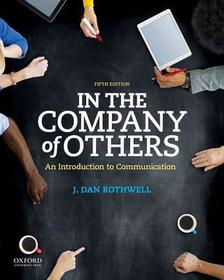
In the Company of Others: An Introduction to Communication
42 018 Ft
37 816 Ft



